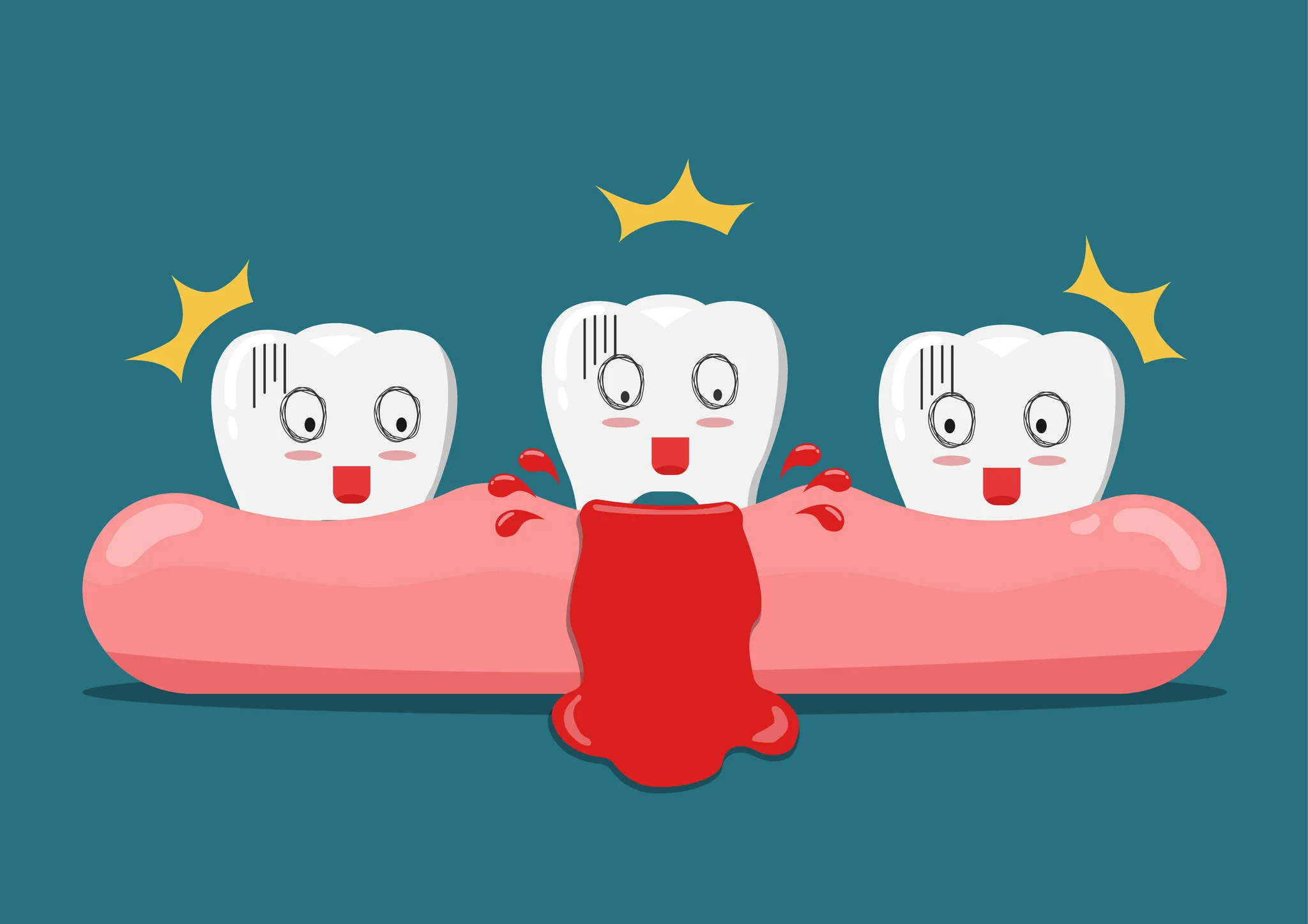That nagging, persistent pain in your gums—especially when it’s wedged between your teeth or throbbing around a back molar—is more than just an annoyance. It's your body's way of signaling that something isn't right and needs attention. At Pullenvale Dental, we believe in empowering our patients with clear, honest information. This guide will walk you through the common causes of gum pain, what you can safely do at home to manage discomfort, and the critical signs that mean it's time to book a professional appointment.
Feeling pain doesn't automatically mean a serious problem, but ignoring it can allow a minor issue to become more complex. Let's explore what might be happening.

Why Do My Gums Hurt? A Breakdown of Common Causes
Gum pain can stem from several issues, from simple irritation to signs of infection. Understanding the cause is the first step to finding relief. Here’s a detailed breakdown of the most common reasons you might be feeling discomfort.
For more detailed clinical information on gum conditions and their progression, you can refer to trusted health resources like the Cleveland Clinic's guide to gum disease.
What Does "Gum Coming Through Tooth" Mean? A Closer Look at Pericoronitis
This unusual and often painful sensation is a classic sign of pericoronitis. It happens when the gum flap over a partially erupted wisdom tooth becomes inflamed or infected because food particles and bacteria get trapped underneath. This creates a painful pressure that can feel like the gum itself is trying to push through. In some cases, to resolve this issue permanently, a dentist may recommend a gingivectomy.
A gingivectomy is a dental procedure where a small portion of gum tissue is surgically removed. It is most commonly recommended in the following situations:
- To treat recurring pericoronitis by removing the problematic gum flap over a wisdom tooth.
- To remove overgrown gum tissue (gingival hyperplasia) that may be caused by medication or inflammation, making it easier to clean your teeth.
- To reduce the depth of periodontal pockets in cases of gum disease.
If you're experiencing symptoms of pericoronitis, such as pain around a back molar, swelling, or a bad taste, it is a clear sign that you need a professional assessment. You can learn more about the specifics of pericoronitis from resources like Wikipedia's entry on the topic.

At-Home Care vs. Professional Treatment
Home Care Checklist for Managing Mild Gum Discomfort
Important Note: The following tips are intended for temporary relief of minor irritation only and are not a substitute for a professional diagnosis. If your pain is severe or persists for more than a day or two, please contact us.
If the pain you're feeling is more related to tooth sensitivity than gum soreness, our guide on managing sensitive teeth at home may offer some helpful strategies.
When You Absolutely Must See a Dentist
Red Flags for a Dental Emergency
While minor gum irritation can sometimes resolve on its own, certain symptoms should never be ignored. Please book an appointment immediately if you experience any of the following:
- Severe, throbbing pain that disrupts your sleep or daily activities.
- Swelling in your face, jaw, or neck, as this can be a sign of a spreading infection.
- Difficulty breathing or swallowing.
- A fever, which indicates your body is fighting a significant infection.
- A persistent bad taste in your mouth, which can signal a dental abscess. For more information, read about the link between oral health and bad breath.
Persistent pain can sometimes be related to issues beyond just your gums. If you are experiencing an aching pain in your jaw, it's important to have it assessed by a professional. You can also find trusted information from the Australian Government's health website.

Don't Ignore Pain Between Your Gums
Pain between your teeth or in your gums is a clear signal from your body that needs to be investigated. While home care can help with minor, temporary irritation, persistent or severe pain always requires a professional diagnosis to address the underlying cause and prevent more serious problems. If you are experiencing any of the symptoms discussed in this guide, we encourage you to schedule an appointment with our caring team at Pullenvale Dental. Let's work together to get your smile feeling healthy and comfortable again.

















